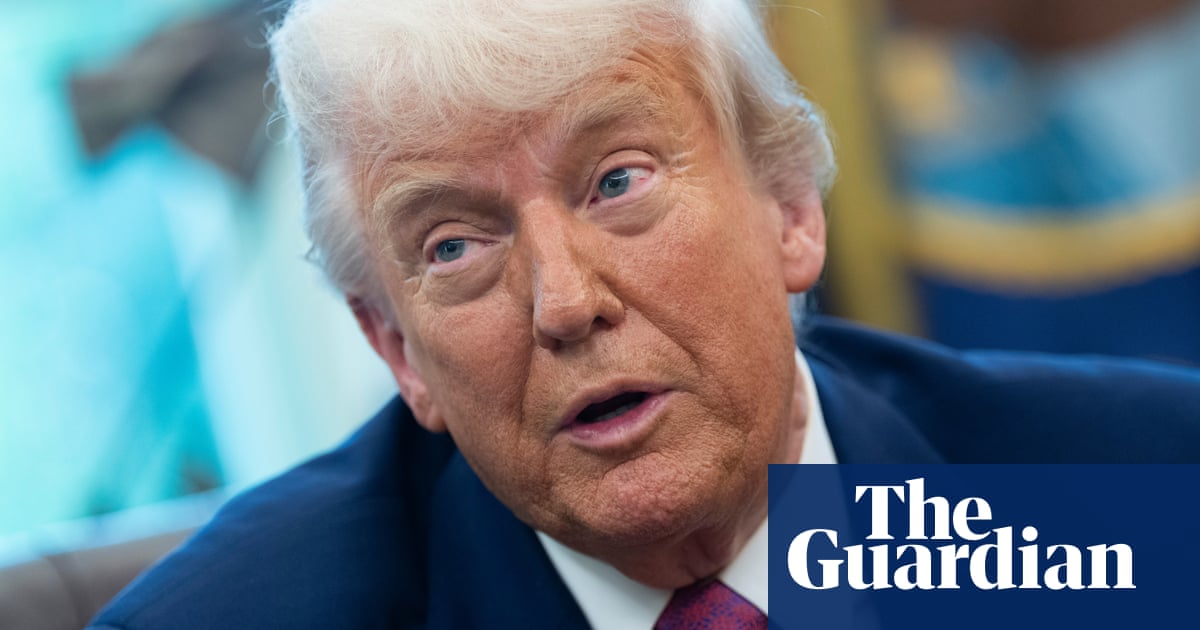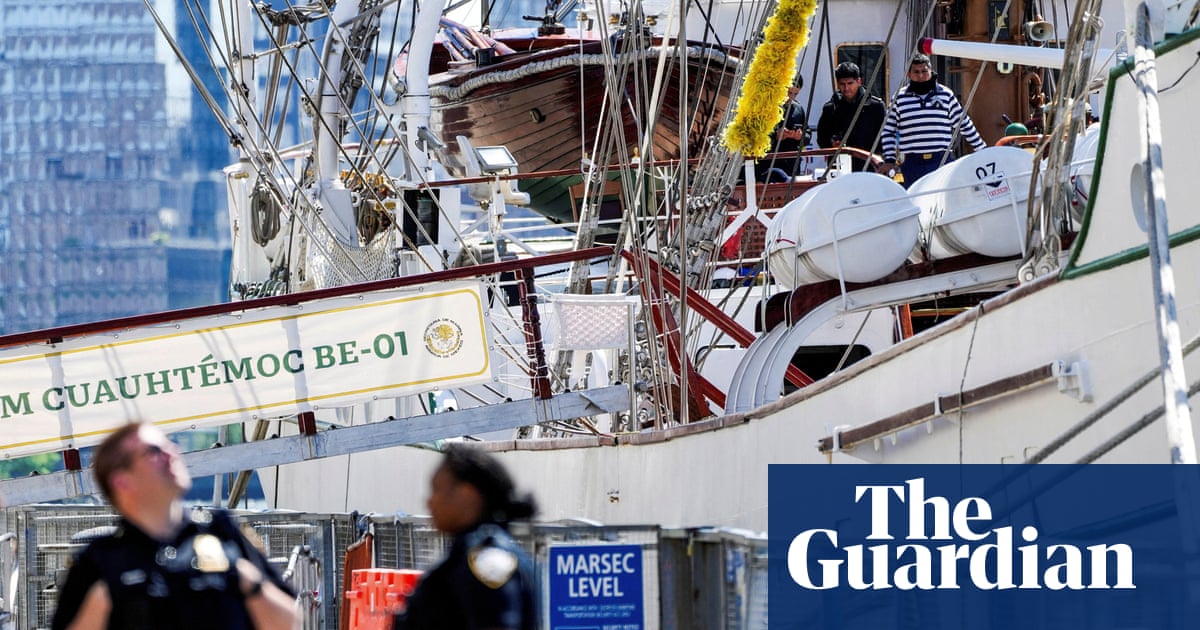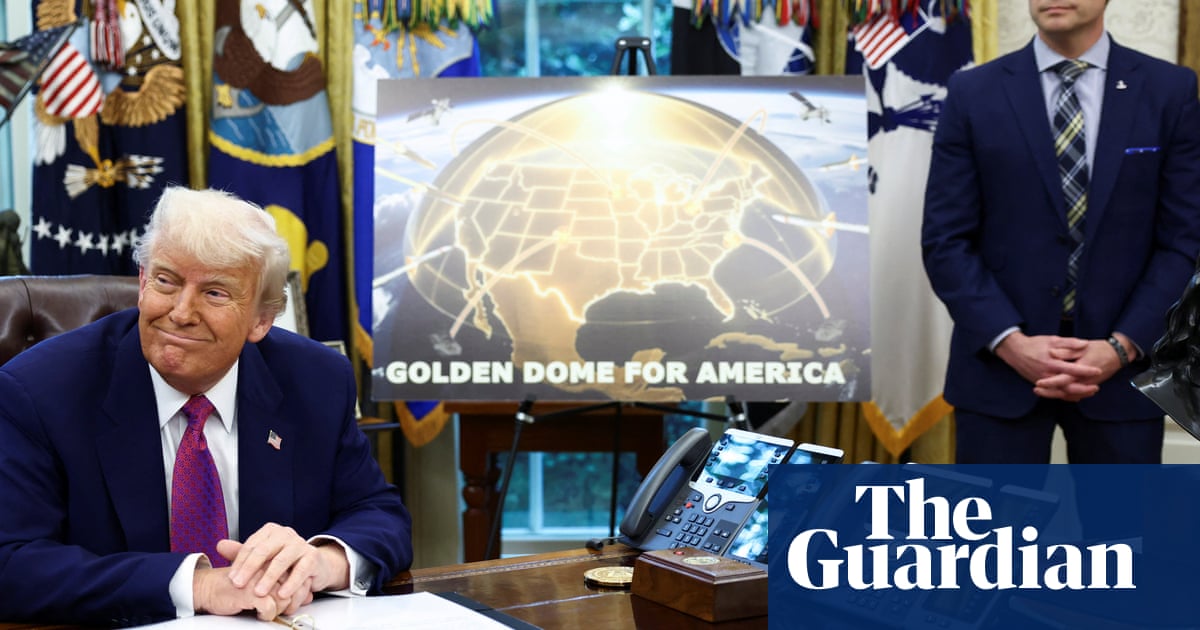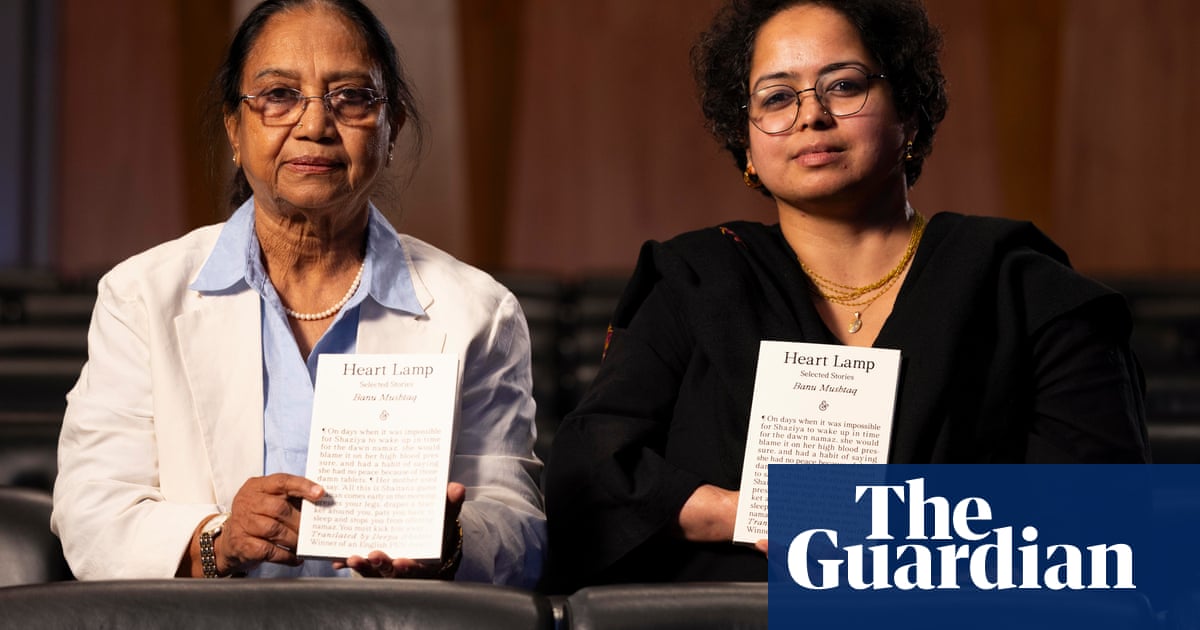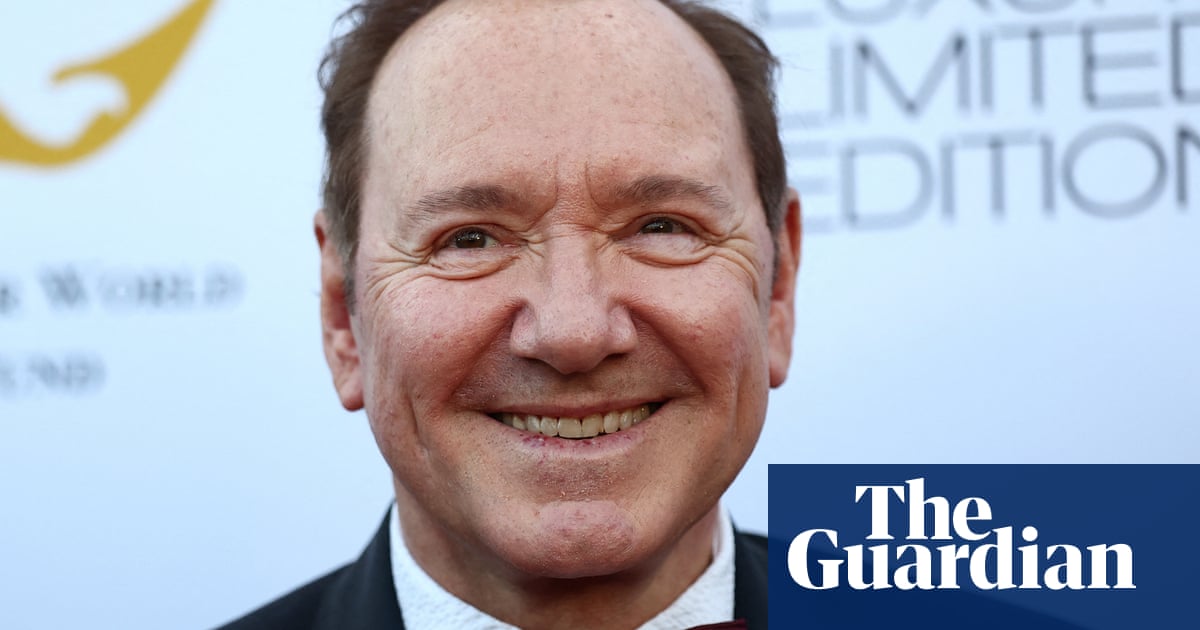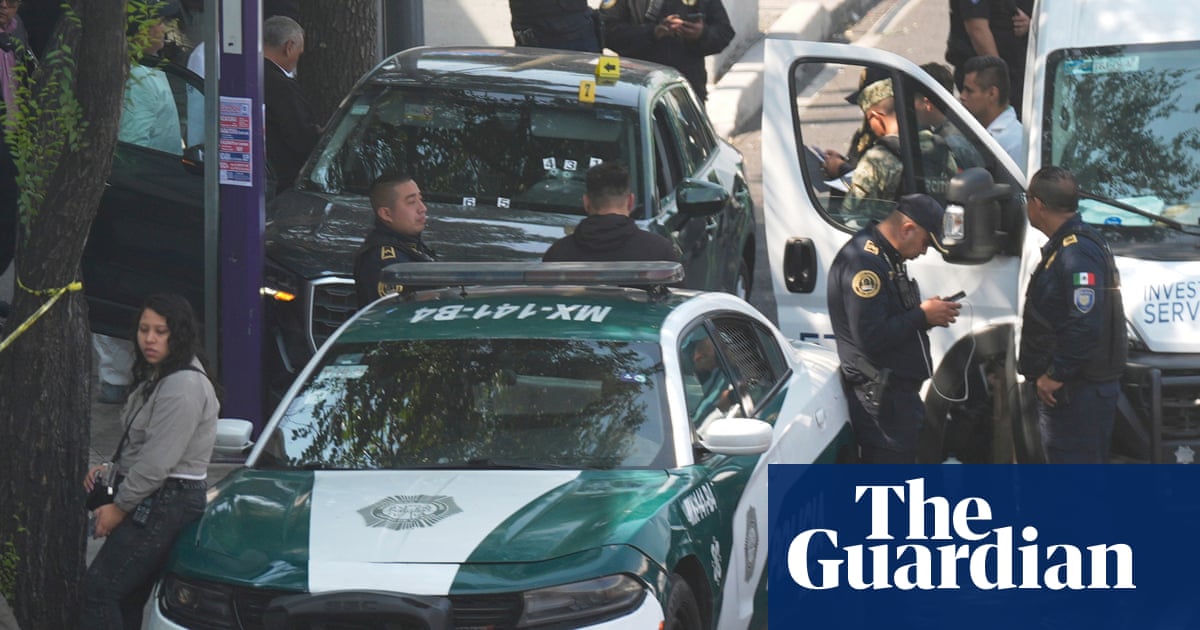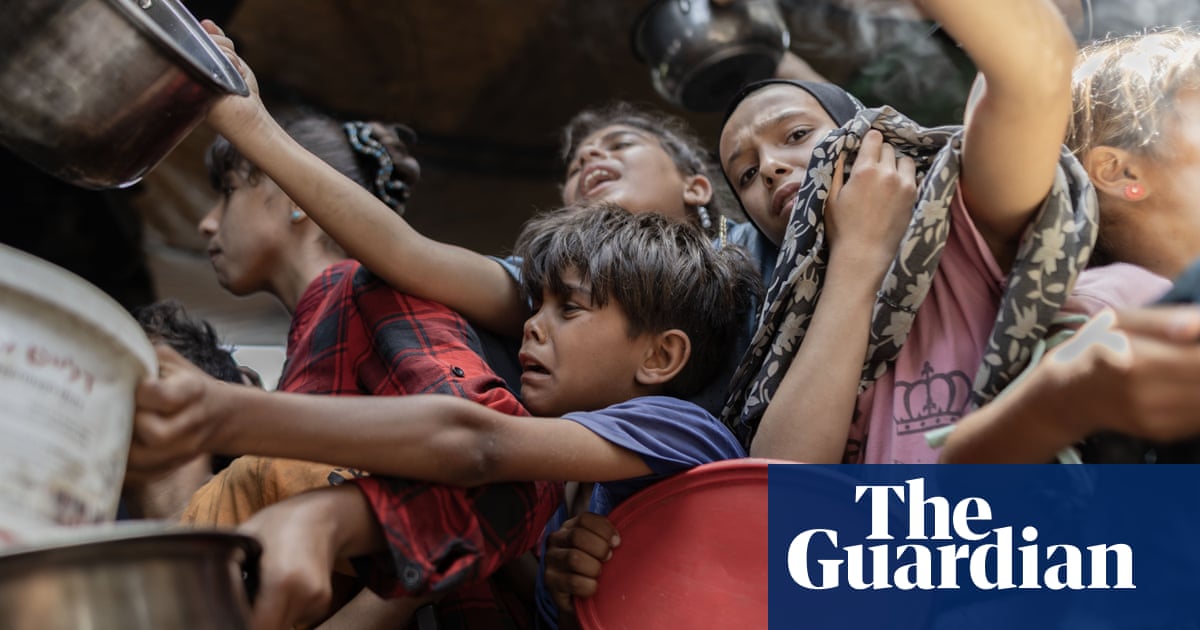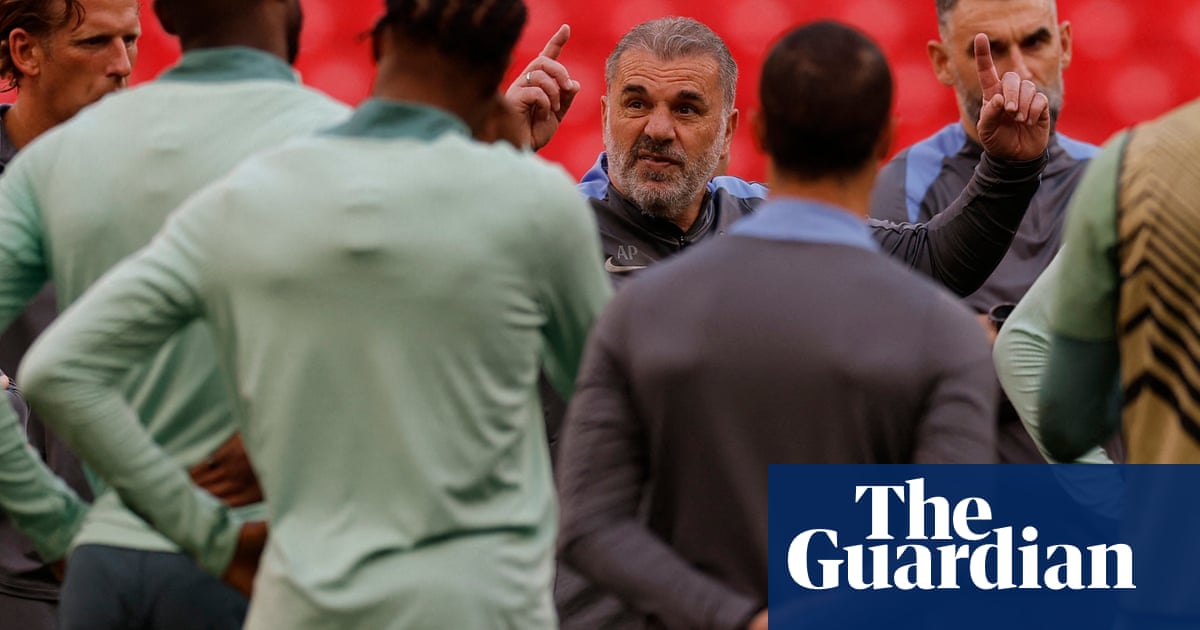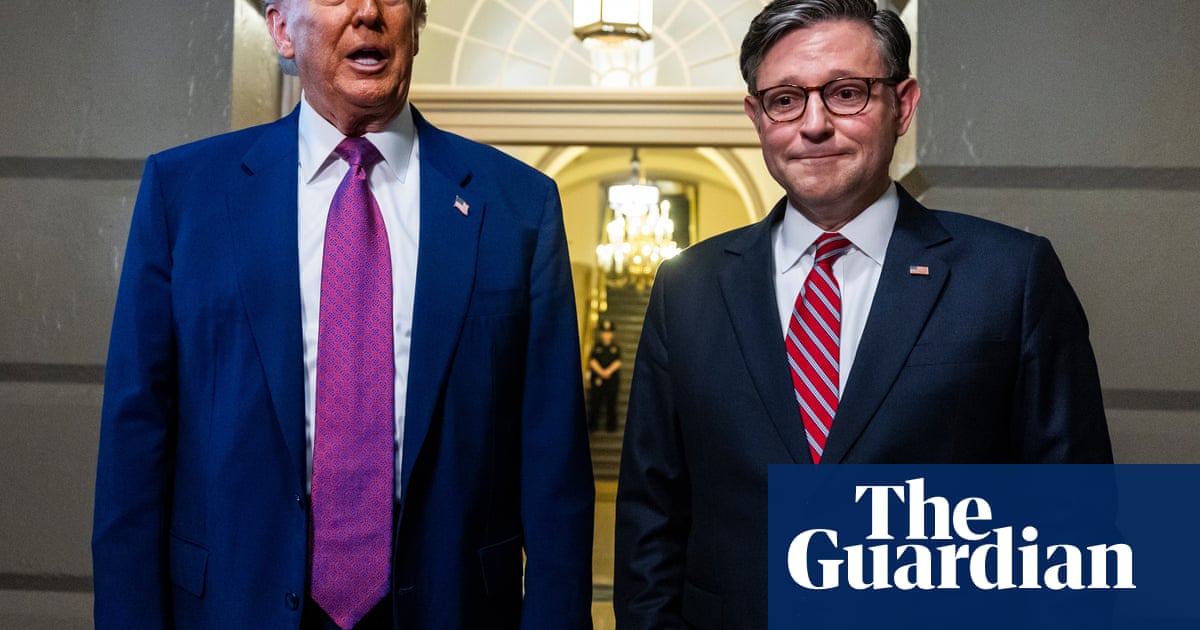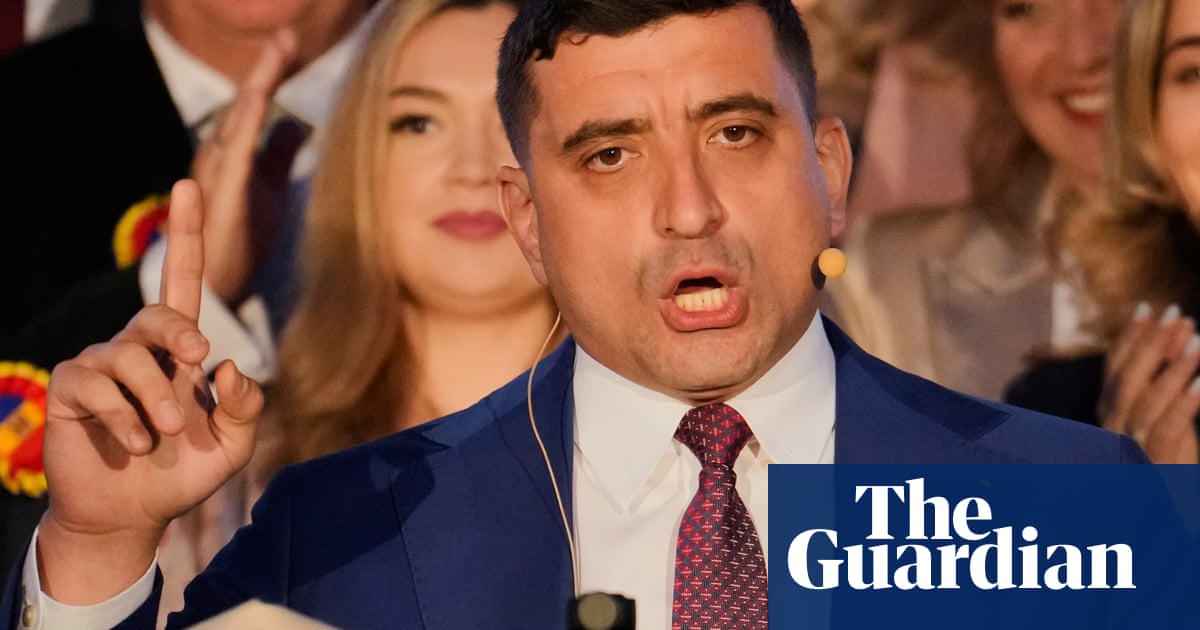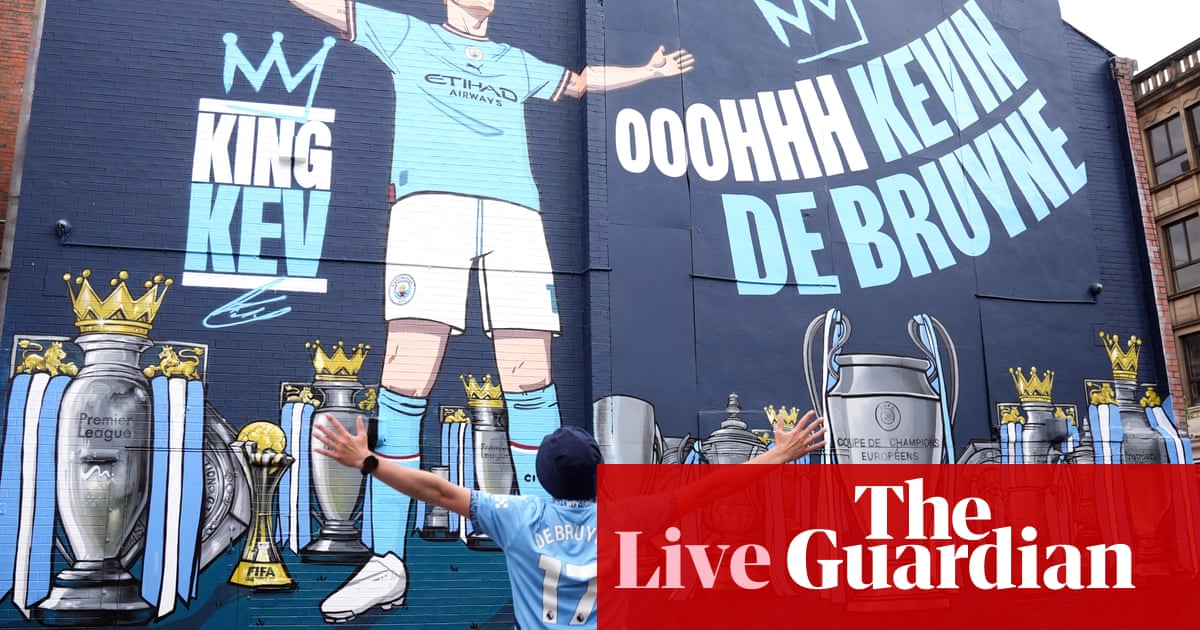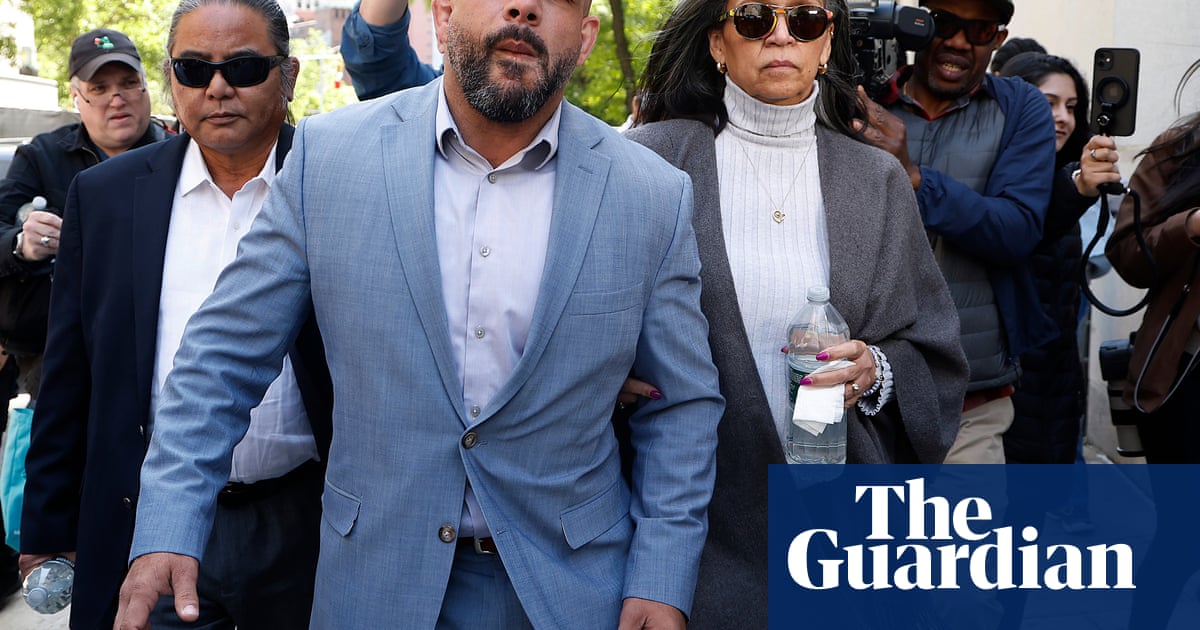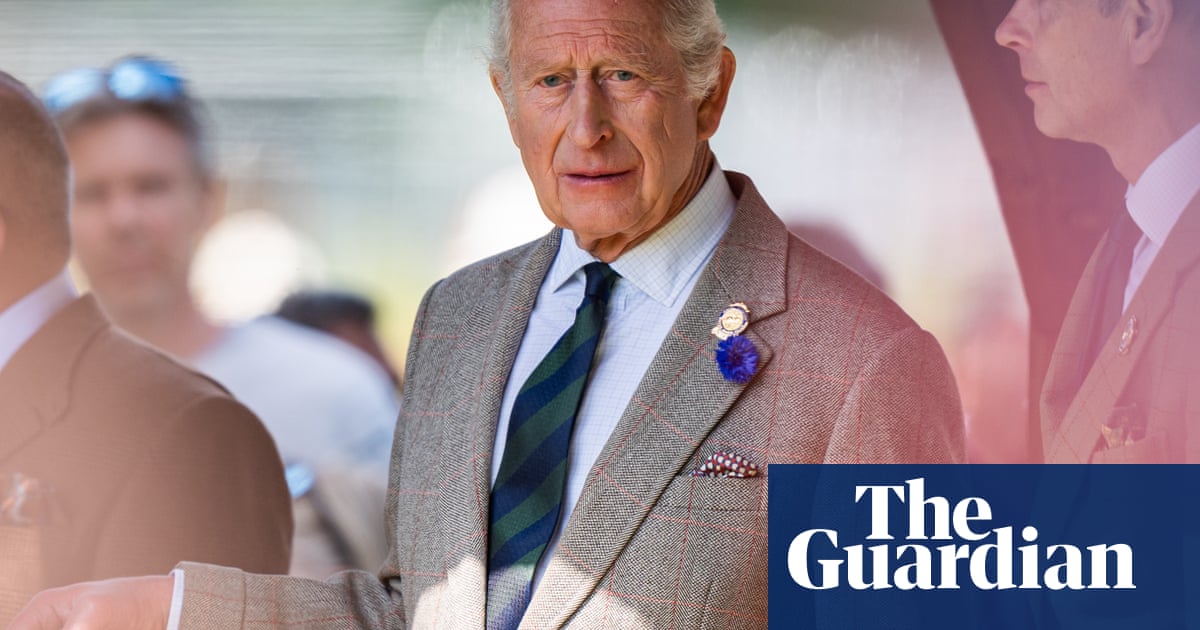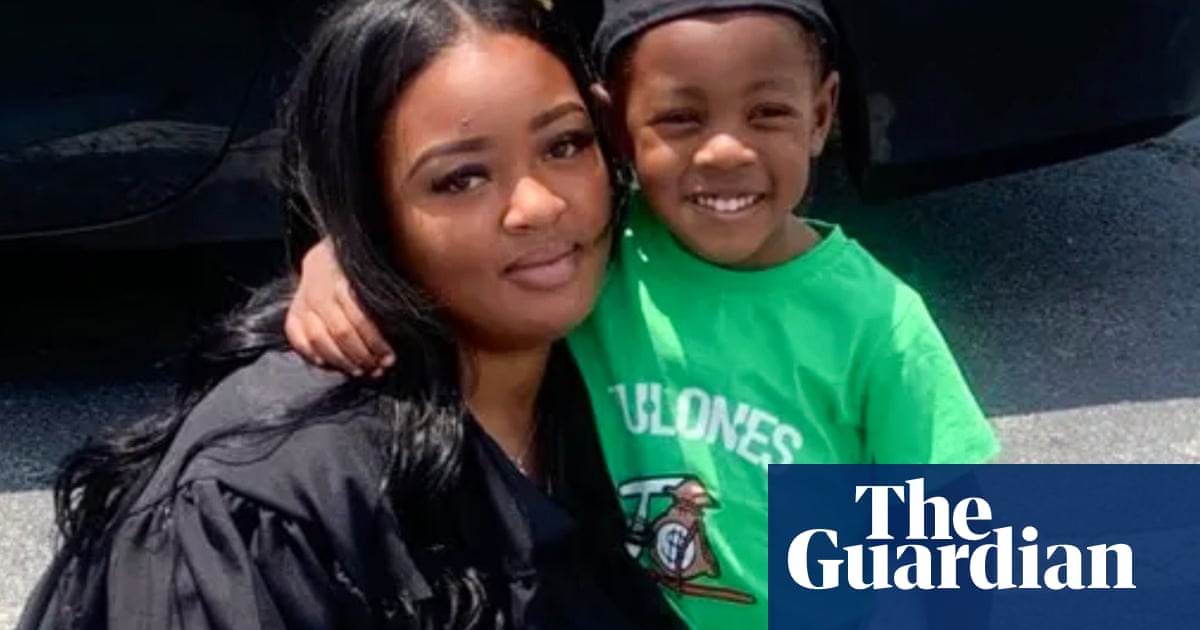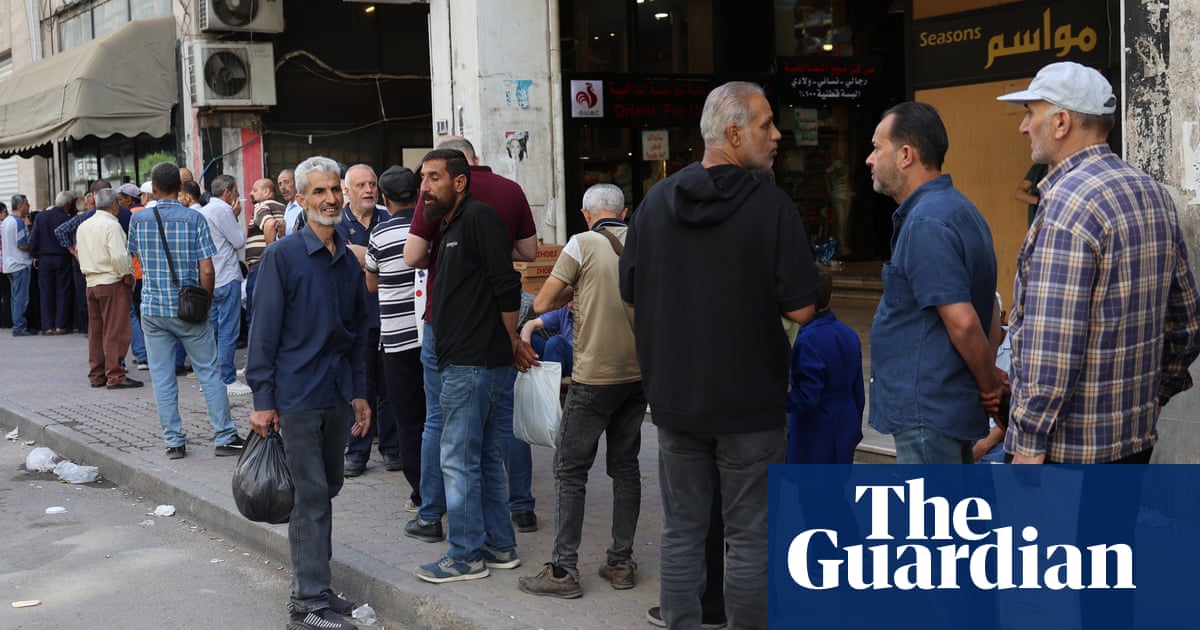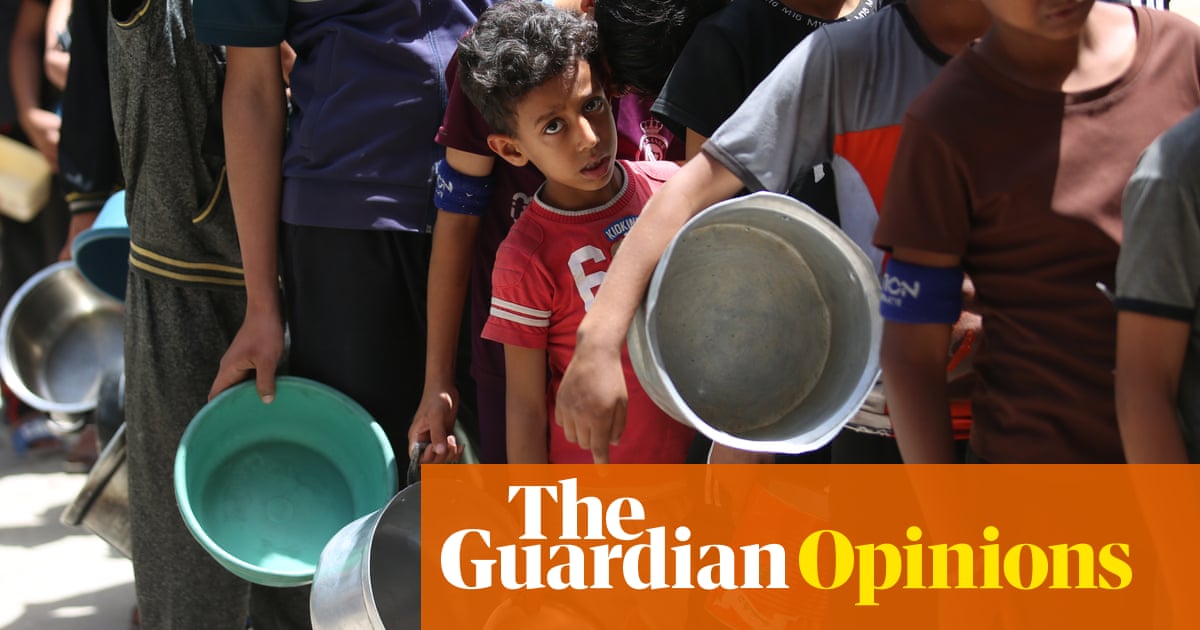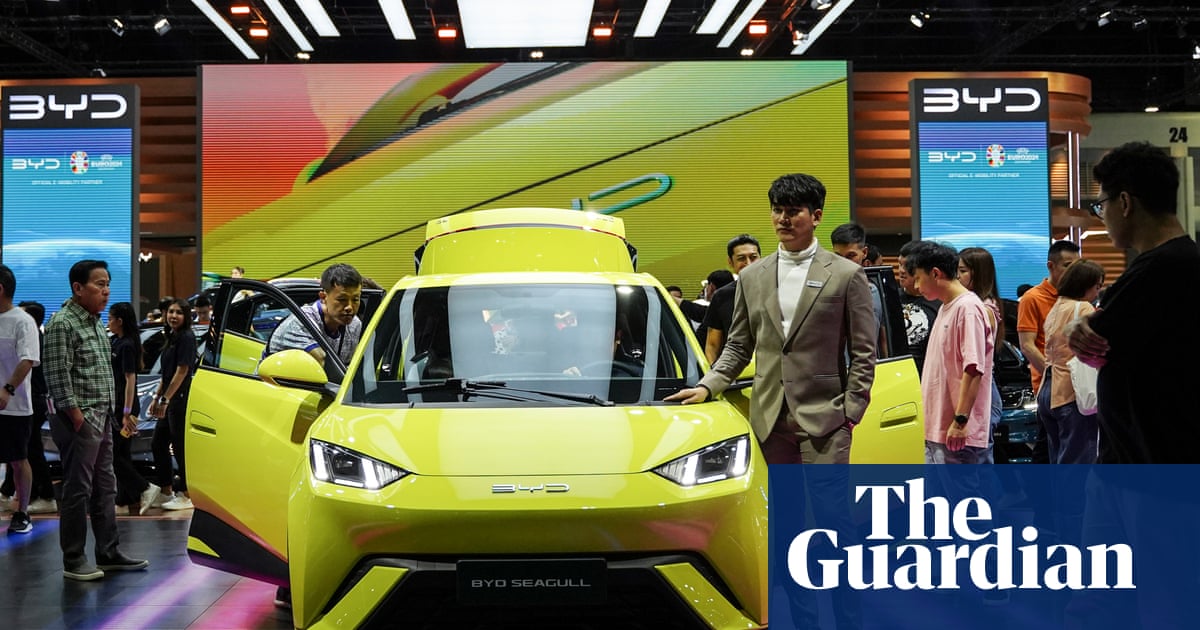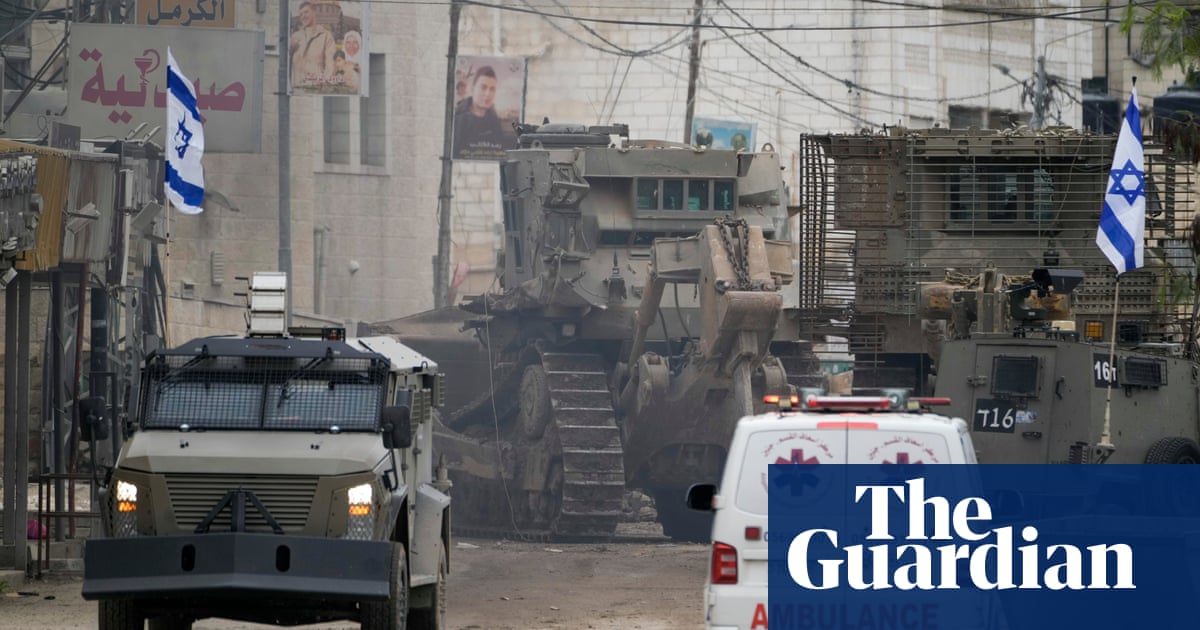It doesn’t start for six months, but the build-up to the UN’s annual climate conference is already well under way in Brazil. Hosting the tens of thousands of delegates who make the trip is a big undertaking for any city. But the decision to host Cop30 in Belém, at the mouth of the Amazon river, has multiplied the complications.
After three consecutive Cops in autocratic nations, the stated aim of Cop30’s chair, André Aranha Corrêa do Lago, is to make this year’s event a showcase for civil society, including the Indigenous groups and forest defenders who play such a vital role in conservation. But the lack of affordable accommodation and other infrastructure, as well as the distance that must be travelled to reach the Amazon port, mean this commendable ideal will be hard to realise.
Dom Phillips’ posthumously published book, How To Save the Amazon: A Journalist’s Deadly Quest for Answers, is a compelling reminder of what is at stake. It is nearly three years since he was killed along with Bruno Pereira, a Brazilian government employee whose job was monitoring isolated Indigenous groups. The pair were on the way back from a trip to the remote Javari valley. The search and investigation were initially botched. Two men will go on trial for murder later this year.
Phillips and Pereira understood the risks they ran, in struggling to document the destruction that was then taking place. Between 2019 and 2023, under the far-right presidency of Jair Bolsonaro, progress on rainforest conservation went into sharp reverse and deforested areas grew rapidly. Illegal loggers, miners and ranchers effectively had carte blanche, as the agencies tasked with upholding environmental regulations were weakened and disbanded. Over the same period, and encouraged by the government’s laissez-faire approach, competition between drug traffickers over lucrative smuggling routes intensified. Owing to its remoteness, the Javari reserve, near the border with Peru, became a key battleground.
Under President Lula the situation has stabilised. His environment minister, Marina Silva, is the right person to oversee the government’s policy of zero net deforestation by 2030. But plans to expand the country’s fossil fuel production are impossible to square with these environmental goals. The risk that global heating and deforestation could cause a mass dieback of the rainforest, triggering the release of vast stores of carbon, continues to trouble scientists. At the same time, doubts are growing about whether this year’s deadline for certification of the beef supply chain as deforestation-free will be met. Under strong international pressure, JBS, the world’s largest meat company, is putting new systems in place. But the huge number of farmers (Brazil has a cattle herd of 240m), the terrain, gaps in land registration, and systems set up to bypass checks, mean the prospects for success are not high.
Having the global spotlight on the forest should at least focus minds. The Amazon’s biodiversity, and role in climate regulation, make it too important to lose. Indigenous defenders, some of whom worked with Pereira and Phillips, continue the vital work of championing the landscape that is their home. The journalist’s book, completed by his friends, shows the urgency of supporting their courageous efforts.

 4 hours ago
2
4 hours ago
2
